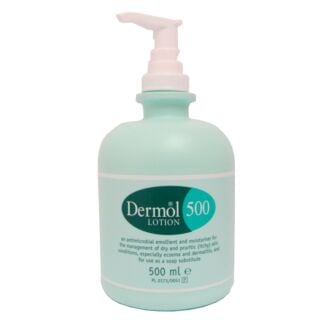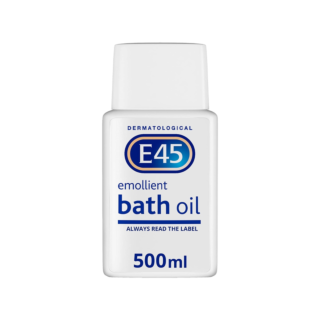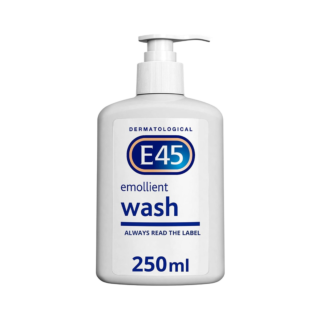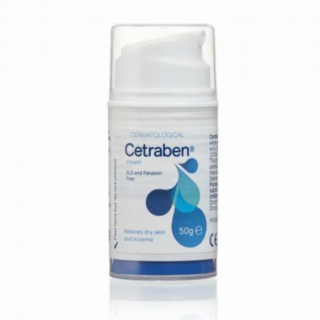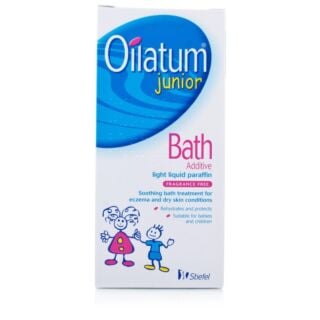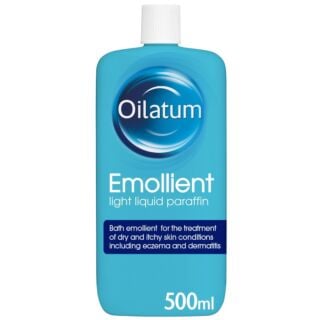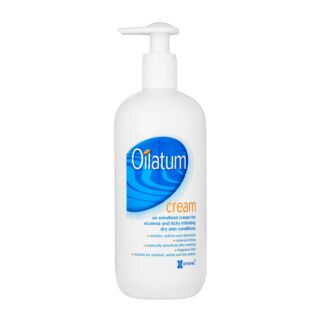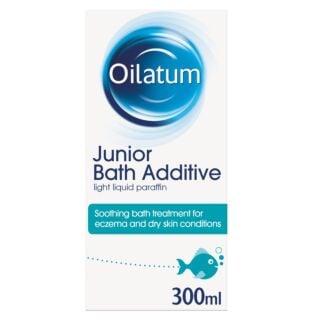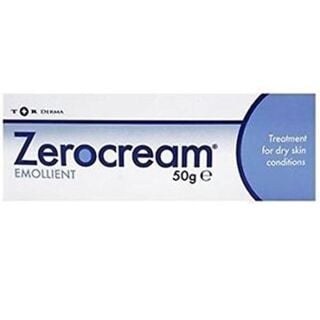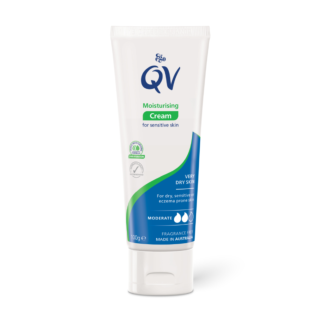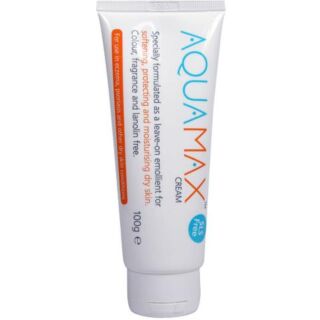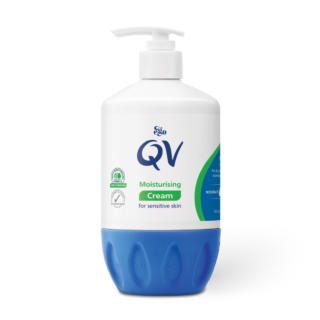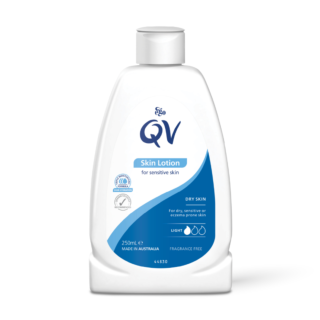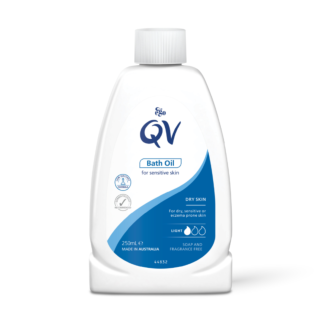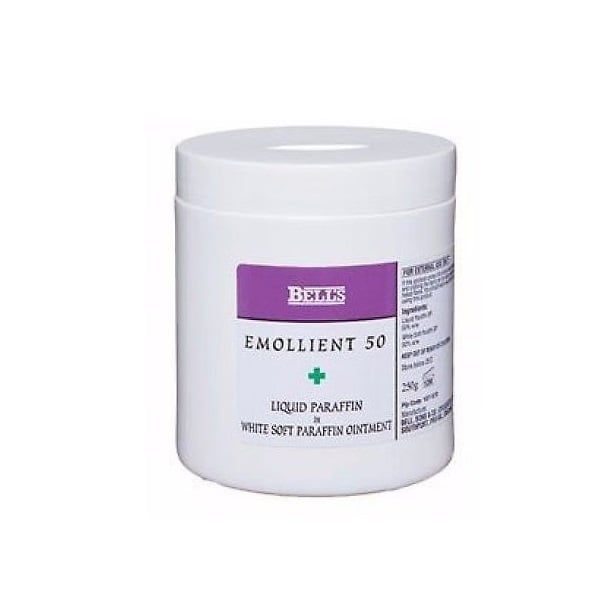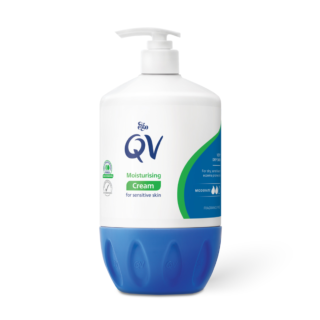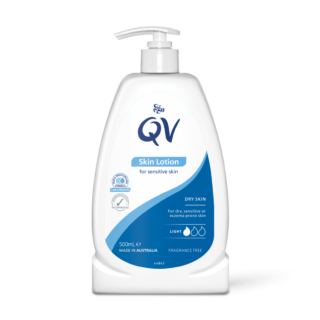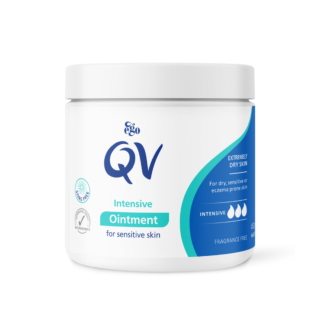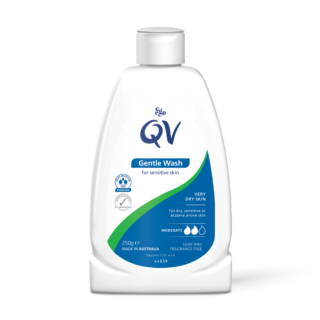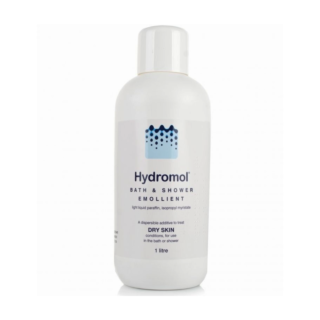Emollients
If you have eczema or dermatitis a good emollient could be the difference between skin that’s irritated and itchy, or soft, smooth and hydrated. … Read More See less
Emollients help to keep moisture locked into your skin while preventing flare-ups caused by contact with irritants.
If you’re not a fan of heavy skin creams, that doesn’t mean emollients aren’t for you!
They come in all shapes and sizes, from creams to lotions, or even bath additives and soap replacements, all there to help protect and hydrate your sensitive skin.

Free delivery when you spend over £30

100% discreet delivery for every item ordered

Fully regulated UK pharmacy
Should I use an emollient cream, lotion, or ointment?
Although emollient creams, lotions, and ointments all work in the same way, their slightly different formulations mean that they may be more suitable for some times than others.
For example, some people choose to use emollient creams during the day when they’re having an eczema flare-up and then use an ointment at night due to its thicker formula.
Some people also choose to use lotions every day either as a cleanser or over their eczema-prone skin to help to keep their skin as hydrated as possible.
How do emollients work?
Emollients work by forming a thin protective layer over the skin.
This layer doesn’t just help to keep moisture locked into your skin, hydrating it from the inside, but it helps to protect the skin from outside irritants.
It’s effectively a two in one method of keeping your skin protected and hydrated as you manage your dry skin condition.
How can emollients help me to manage dry skin and eczema?
Emollients and moisturisers help to ease your eczema symptoms by hydrating your skin, helping to keep your skin soft and controlling your flare-ups.
Emollients work by forming a protective layer over your skin which helps to keep moisture from escaping, hydrating your skin from the inside out.
Some emollients also contain ingredients which can protect your skin from irritants like soap or detergents, taking a two-pronged approach to managing your eczema flare-ups.
Can I use an emollient in place of soaps?
Some emollients can be used as cleansers, either for their hands or as body washes in the bath or shower.
This helps them to avoid using soaps, which can aggravate some dry skin conditions such as eczema or dermatitis.
There are also some emollients that can be used in your bath water in place of bubble baths, bath salts, or other products so you can protect your sensitive skin there too.
However, if you do choose to use an emollient in the bath or shower, bear in mind that it can make your bath or shower slippery.
You should take extra care not to slip after using an emollient bathing product and should clean your bath or shower properly afterwards to help to prevent yourself or others from falling.

